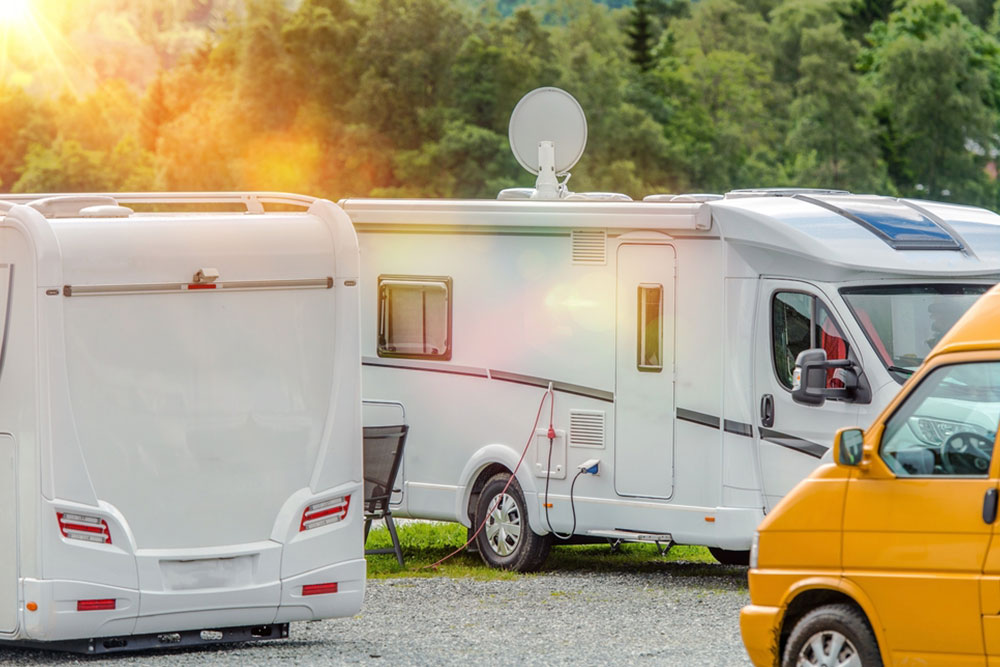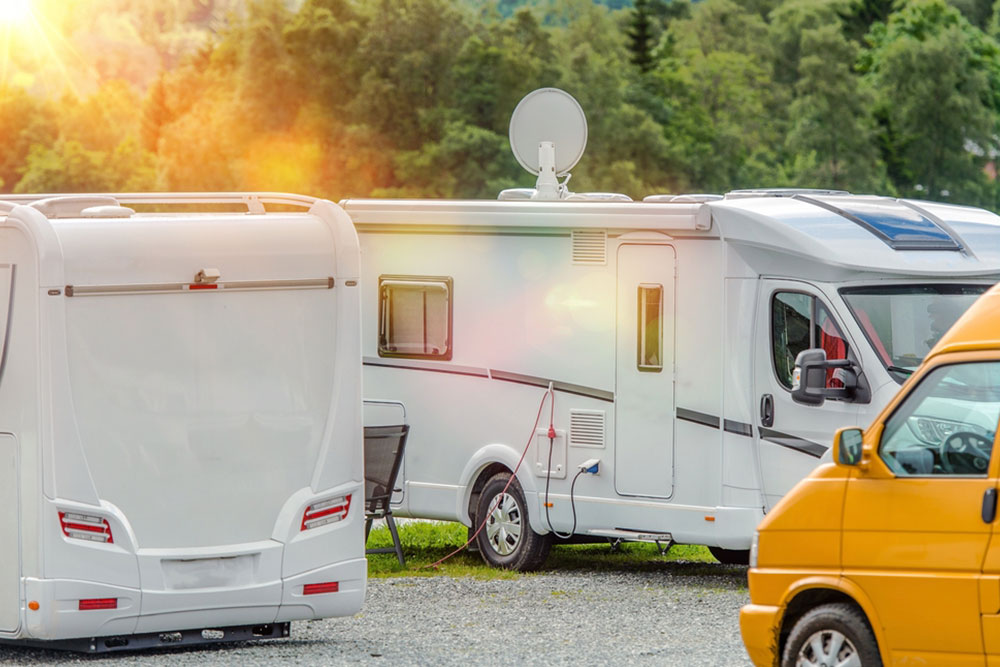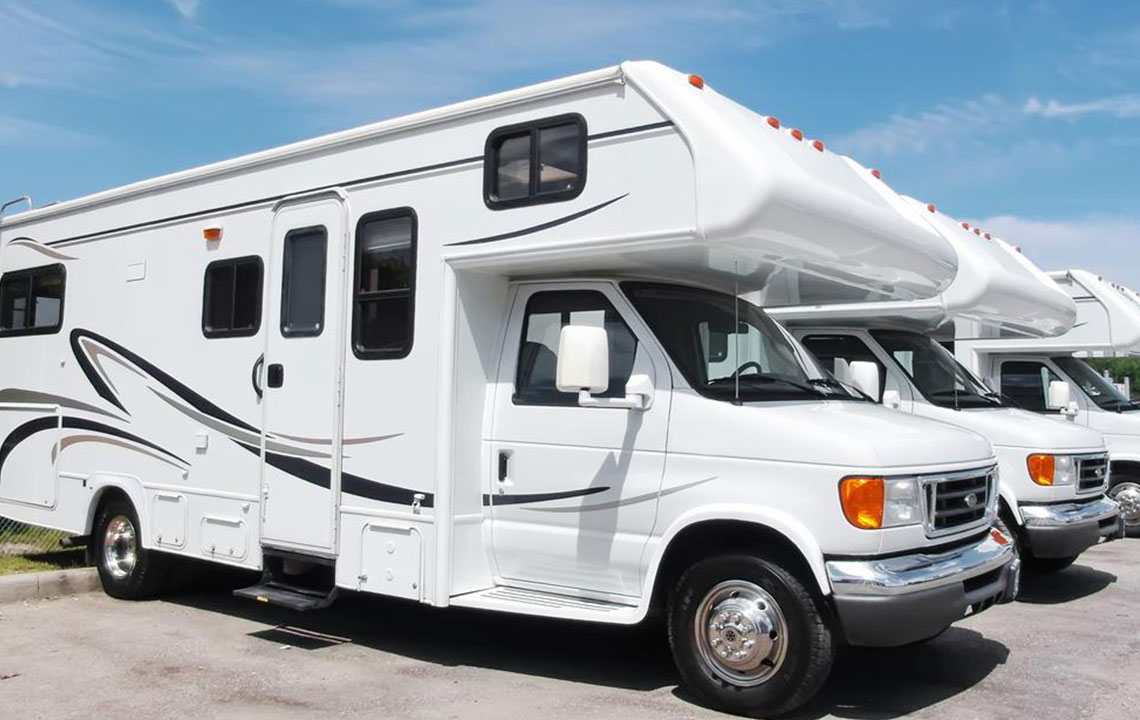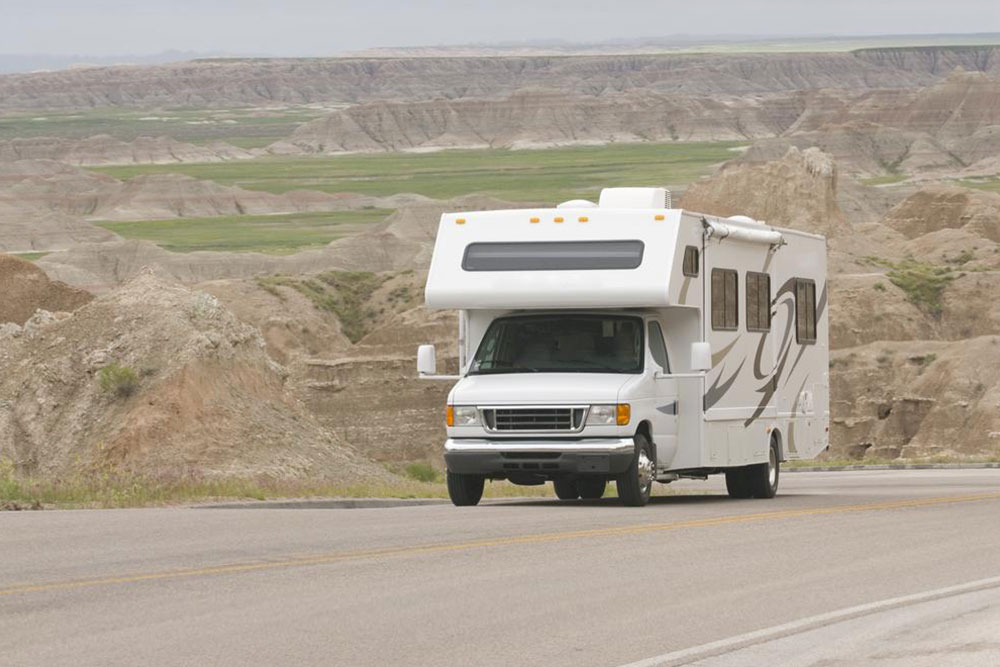Comprehensive Guide to Purchasing a Used Recreational Vehicle
Discover an in-depth guide on purchasing used RVs, covering essential tips from market research and vehicle history checks to inspection and matching your travel needs. This comprehensive article helps prospective buyers make informed decisions, ensuring a reliable and cost-effective investment for everyday adventures or extended trips. Learn how to evaluate conditions, negotiate prices, and choose the best model suited for your lifestyle in our detailed guide to buying used recreational vehicles.
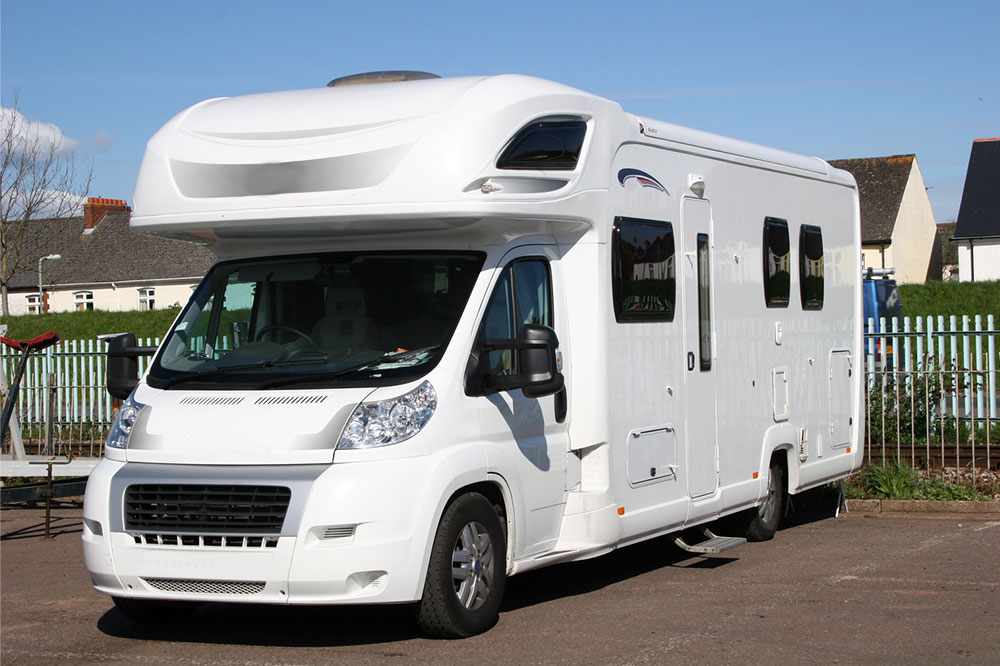
Ultimate Guide to Buying a Reliable Used RV for Your Adventures
Embarking on road trips and exploring scenic landscapes in a Recreational Vehicle (RV) offers an unparalleled sense of freedom and adventure. Whether you're planning weekend getaways or extended cross-country journeys, owning an RV can transform travel experiences. However, acquiring the perfect used RV requires meticulous research, careful planning, and an understanding of market dynamics. From selecting the right model to ensuring the vehicle's condition, this comprehensive guide provides invaluable insights to help you make an informed purchase that fits your lifestyle and budget.
Opting for a pre-owned RV can be a smart financial decision, especially for first-time buyers or those looking to maximize their investment. Well-maintained used RVs generally cost about half of their original sale price after accounting for depreciation, which makes them a cost-effective alternative to new vehicles. Moreover, used RVs over three years old often come with a proven track record and may offer features that higher-end new models lack. Before diving into the purchase, it’s vital to understand the nuances of the used RV market and follow strategic steps to ensure you acquire a vehicle that will serve your travel needs reliably for years to come.
Here’s an extensive overview of essential tips to consider when purchasing a used RV:
Research and Preparation: While dreaming of adventures across distant terrains is thrilling, practical preparation is key. Begin by conducting thorough research online. Read owner reviews, join RV enthusiast forums, and participate in RV clubs to glean firsthand experiences and insights. Attending RV rallies, expos, and trade shows can also provide valuable opportunities to inspect various models, ask questions, and network with industry experts. This preparatory phase helps clarify whether an RV lifestyle aligns with your daily routine and long-term goals.
Assess Your Specific Needs: Clarify what you require from an RV before making a purchase. Consider factors such as size, layout, weight, and handling characteristics. For example, Class A motorhomes are spacious but less maneuverable, suitable for stationary camping or short drives. Conversely, smaller Class C or Class B models are easier to drive and park, making them ideal for frequent travelers. Determine if you need sleeping capacity for family members or friends and prioritize features like kitchen facilities, bathroom amenities, and storage space. Defining your purpose—whether for weekend escapes, long-term living, or seasonal travel—will help narrow down your options and avoid unnecessary compromises.
Finding the Right Vehicle: Utilize online platforms such as RVTrader, Camping World, and local dealer websites to explore a broad spectrum of used RVs based on make, model, year, mileage, and price. Visiting RV parks and participating in local sales events can also expand your options. When browsing listings, pay attention to detailed descriptions and photos. If possible, schedule in-person inspections to evaluate the vehicle’s condition firsthand and see how it fits your travel plans.
Market Value and Pricing: To determine fair pricing, leverage tools like NADAguides or Kelley Blue Book. These platforms allow you to input specific vehicle details to get an accurate market valuation. Always compare multiple listings to gauge price ranges and avoid overpaying. Consider factors like vehicle age, mileage, maintenance history, and included features when assessing asking prices. Negotiating directly with owners can often lead to better deals, especially if you spot discrepancies or signs of wear that may warrant a price reduction.
Vehicle History and Inspection: Conduct a comprehensive history check using the vehicle’s 17-character VIN through services like Carfax or AutoCheck. This helps verify past accidents, repairs, theft reports, recalls, and service records. Request maintenance and repair documentation to assess how well the RV has been maintained. It’s also wise to hire a qualified mechanic or RV inspection specialist to perform a thorough pre-purchase inspection, focusing on the engine, transmission, brakes, tires, plumbing, and electrical systems. Check for signs of leaks, rust, or damage from harsh weather conditions, which can impact longevity and safety.
Vehicle Condition and Mechanical Reliability: When inspecting a used RV, look for typical signs of wear and tear. Ideal mileage ranges for used RVs generally fall between 10,000 and 35,000 miles—higher mileage may indicate extensive usage and potential future repairs. Pay close attention to essential components such as batteries, belts, brakes, and tires. Replace old or worn parts to avoid unexpected breakdowns. Check for water leaks, mold, or corrosion, especially in areas prone to moisture. Test drive the RV on different terrains to assess handling, braking, and engine responsiveness. Listen for unusual noises or vibrations that could signal underlying issues.
Pricing and Financing: Stay updated on current market prices by regularly monitoring listings and market guides. For vehicles over five years old, explore financing options through banks or credit unions, which may offer favorable terms. Always have the RV inspected by a professional if financing is involved to satisfy lender requirements. Consider additional costs such as insurance, registration, maintenance, and storage when budgeting for your purchase.
Matching Your Travel Lifestyle: Select an RV that aligns with your intended usage. For family vacations, larger models with multiple sleeping areas and ample storage are ideal. Couples or solo travelers may prefer smaller, more maneuverable units. Consider special needs such as wheelchair accessibility or pet accommodations. Focusing on your primary use cases ensures satisfaction and avoids costly modifications later on.
Strategic Purchase Planning: Planning your purchase carefully helps avoid impulsive decisions. Set a budget and stick to it, considering both the purchase price and ongoing expenses. If traveling with children or groups, prioritize comfort and functionality—features like outdoor awnings, entertainment systems, and sufficient seating can enhance the travel experience. Conduct multiple inspections and don’t rush into buying. A well-chosen used RV can provide years of reliable service and unforgettable adventures, making your investment worthwhile.
